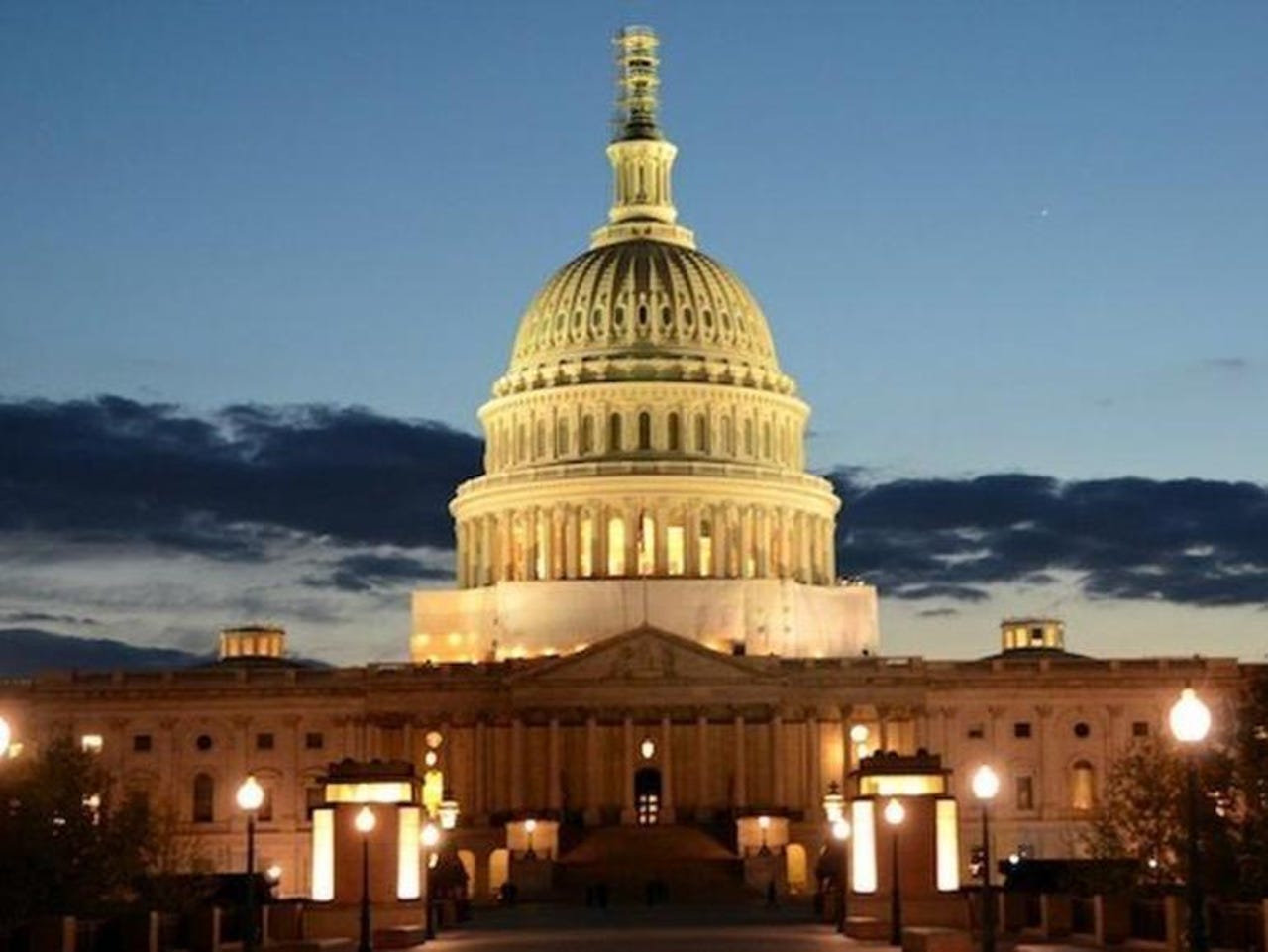House bill aims to stop warrantless spying on Americans

A bipartisan trio of House lawmakers have introduced a bill that aims to seal a loophole allowing the government to spy on Americans' data -- in spite of constitutional protections preventing such searches.
Reps. Ted Poe (R-TX, 2nd), Zoe Lofgren (D-CA, 19th), and Thomas Massie (R-KY, 4th) said in a statement Wednesday that the bill -- the End Warrantless Surveillance of Americans Act -- would force the government to get a warrant before it can access databases containing American data.
Read more on ZDNET:
"Right now, under Section 702 the government is allowed to snoop and spy on the content of a citizen's phone calls, texts and emails -- all without a warrant," said Poe in remarks. "Failure to address this gaping loophole in FISA leaves the constitutional rights of millions of Americans vulnerable and unprotected."
Poe was talking about the Freedom Act, which the privacy-minded coalition has long said would not push back on the worst of the National Security Agency's surveillance powers.
Though many see the Freedom Act as the last attempt to reform the government's bulk collection of phone records data before the authority expires on June 1, lawmakers and privacy groups are not convinced the effort will go far enough. (The bill was offered last week as an amendment to the House's markup of the Freedom Act, but after in-fighting effectively pushed any meaningful amendments off the table, it was pushed into its own standalone bill.)
Both Massie and Lofgren echoed remarks that Section 702 is "arguably worse" than the collection of phone records under the Patriot Act.
The bill would also forbid the government from forcing companies like Google and Apple from installing backdoors for surveillance purposes in their systems, effectively ending debate over whether or not the companies' push to encrypt their customers' devices is unlawful.
